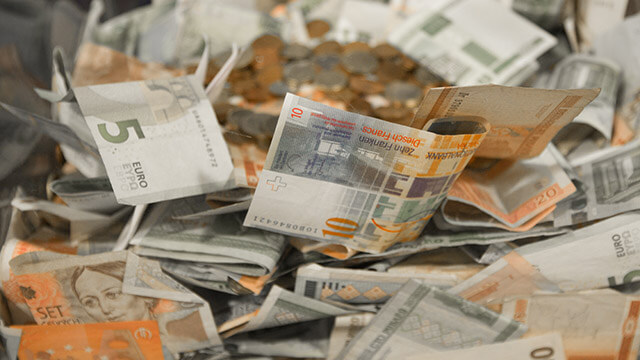The EUR/JPY currency pair declined to approximately 165.85 during the Asian trading session on Thursday. This decrease comes after the Bank of Japan (BoJ) opted to maintain its current policy settings at the October meeting, a decision anticipated by market analysts. The BoJ confirmed that short-term interest rates would remain at 0.25%, simultaneously reaffirming its outlook that inflation is expected to stay close to the 2% target.
The Japanese yen’s potential for appreciation appears limited given the ongoing uncertainty surrounding Japan’s fiscal and monetary policy landscape. It seems any upward movement in the yen may primarily result from a broader weakening of the U.S. dollar, especially if U.S. interest rates begin to show alignment with those in Japan. Traders are now turning their focus to the upcoming press conference led by BoJ Governor Kazuo Ueda, who is expected to provide insights into the nation’s interest rate trajectory.
In contrast, the EURO has shown some resilience, bolstered by positive economic indicators from the Eurozone. The recently released flash Gross Domestic Product (GDP) data for the third quarter has revealed stronger-than-expected growth of 0.4% quarter-on-quarter. This figure surpasses the anticipated growth of 0.2% and reflects an annual increase of 0.9% for Q3, outpacing market consensus, which had forecasted a growth rate of 0.8%.
As market participants digest this data, the outlook for the EURO becomes more favorable, potentially mitigating its losses against the yen. The cautious sentiment surrounding the impending U.S. presidential election could also drive investors toward safer assets like the yen, further influencing the currency dynamics in the coming sessions.
